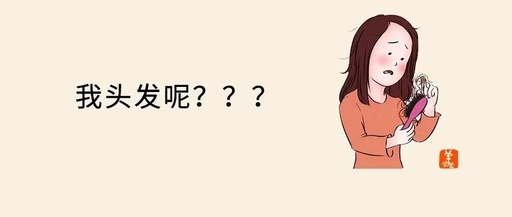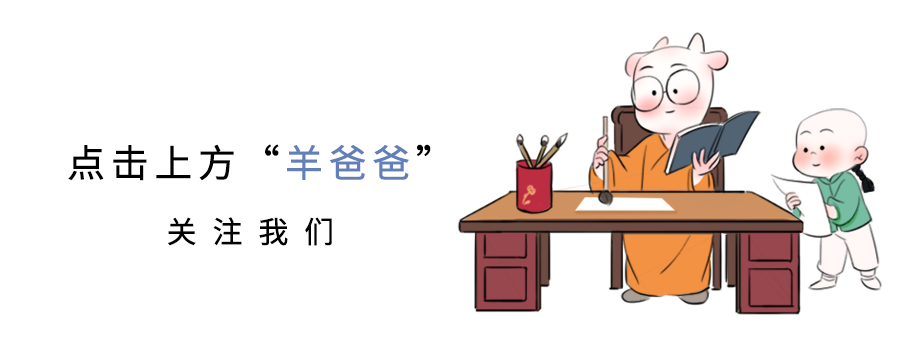
Qi deficiency, the most unacceptable issue, is not aging, not weakness, not fatigue, but rather “baldness.”
Every year as autumn winds begin, we often hear people complain about hair loss, and this year is no exception.A friend of mine expressed that she is afraid to wash her hair because after washing, she sees the hair accumulating and feels anxious.
Hair loss actually comes in many forms.Some are related to blood deficiency, some to kidney deficiency, and some to dampness.
As autumn arrives, the most common type is related to Qi deficiency—Qi deficiency type hair loss.These individuals tend to lose hair regularly, but in autumn, the loss becomes more severe.
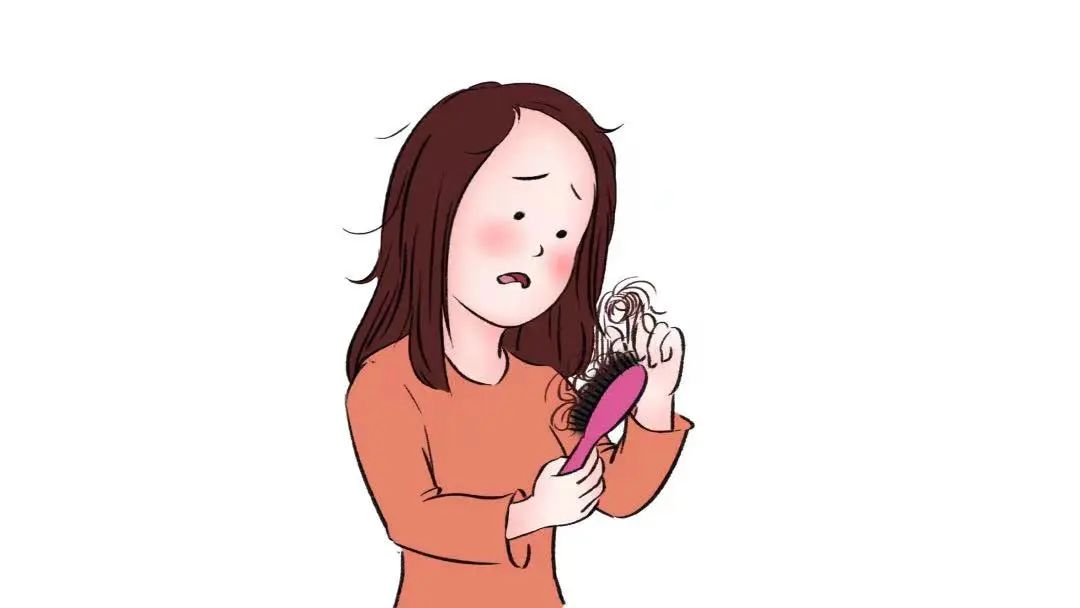
Why does hair loss become more prevalent in autumn?
1. Autumn corresponds to the lungs, and the lungs govern Qi.The lungs are delicate organs and can easily be harmed. In autumn, with the onset of dryness, wind, and cold, if the lungs are compromised, Qi becomes deficient.Thus, autumn is prone to Qi deficiency, leading to Qi deficiency type hair loss.
2. After coming out of the heat and high temperatures of summer, even healthy individuals experience some degree of deficiency,resulting in a significant loss of Qi and blood, which means the hair receives less nourishment,and its growth state is not ideal.
3. With the arrival of autumn, which is characterized by contraction,as the weather gradually cools, the Qi and blood in the body also move inward, concentrating in the organs, thus reducing the supply to the scalp, leading to insufficient nourishment for the hair, making it prone to fall out.
4. Nowadays, people use electronic devices like phones and computers throughout the year,which can damage blood over time, combined with mental strain and frequent late nights, also depleting Qi and blood, leading to an increased likelihood of hair loss.
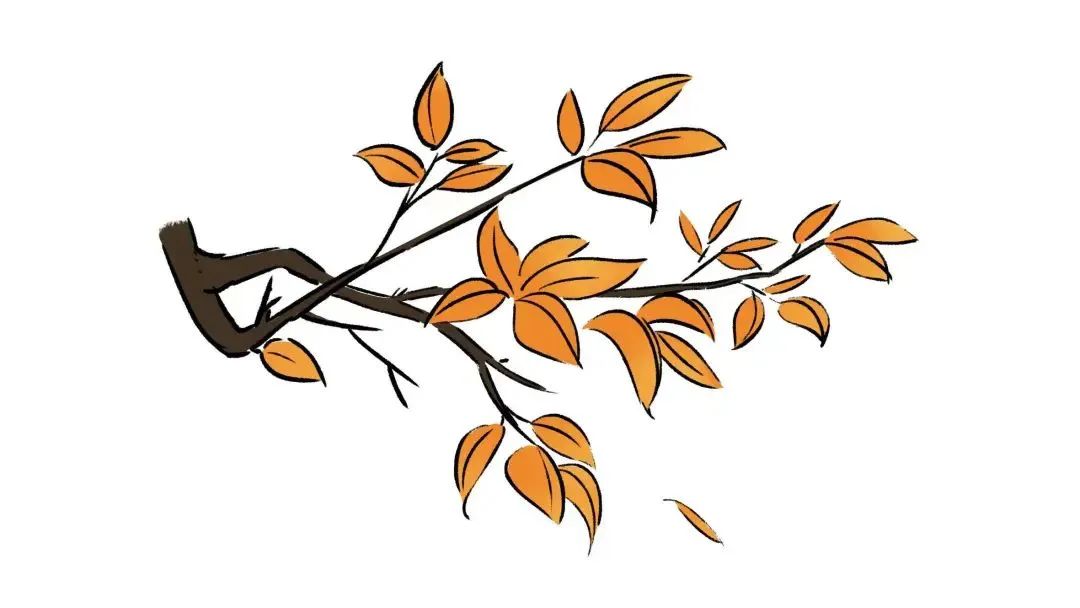
For instance, my friend, who usually experiences hair loss, finds it worsened in autumn.
Her typical physical condition indicates Qi deficiency: pale, swollen tongue, weak pulse, shortness of breath, fatigue, speaking little, spontaneous sweating, susceptibility to colds, and sensitivity to cold.
Based on her condition, I suggested she start with gentle dietary therapy to help regulate her Qi.
I recommended that when she cooks porridge, she adds a small handful of glutinous rice to the regular rice.Additionally, by reducing activities that deplete Qi, she can significantly alleviate autumn-related Qi deficiency hair loss.
After about a week of dietary therapy, this friend told me that her hair was falling out much less, and her hands and feet felt warmer.Previously, during times of fatigue, her Qi deficiency was so severe that even her eyelashes would fall out, but she hasn’t experienced that recently.
A bowl of “Qi-boosting anti-hair loss porridge”
The growth and abundance of hair depend on Qi and blood.Blood provides nutrients, while Qi warms and promotes blood circulation.In autumn, eating a bowl of glutinous rice porridge can help replenish Qi, allowing Qi to promote blood flow to the scalp, nourishing the hair.
Glutinous rice porridge can replenish the middle and benefit Qi, promoting the generation of Qi.This alleviates symptoms of insufficient middle Qi, sinking Qi, weak spleen Qi, facial sagging, and bodily fatigue.When the body has sufficient Qi, it can perform its warming and promoting functions.With Qi flowing, blood rises, jointly supplying nutrients to the scalp, nourishing the hair, thus reducing hair loss.Conversely, if Qi is deficient, the hair cannot be retained.It easily falls like leaves from a tree in the autumn wind.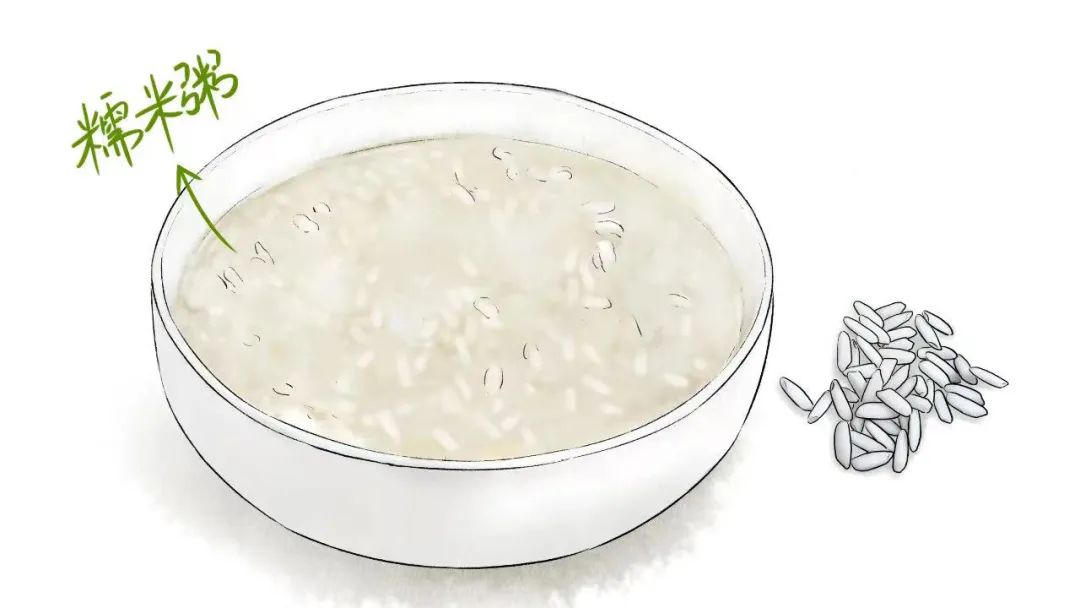 Combining regular rice with glutinous rice is also quite clever.Glutinous rice tends to generate dampness, while regular rice helps to drain water.Cooking them together as porridge can nourish yin and moisten the lungs while also warming the spleen and kidney yang.Moreover, pure glutinous rice is sticky and not easily digestible.Thus, pairing it with more regular rice mitigates its side effects.Regular rice is white and enters the lungs, which govern the Qi of the entire body,so benefiting the lungs is equivalent to benefiting Qi.Glutinous rice is warm in nature, strengthens the spleen, supports the kidneys, and facilitates the normal operation of spleen and kidney yang,which means sufficient kidney yang equals sufficient middle Qi.–“Qi-boosting anti-hair loss” glutinous rice porridge-【Preparation】1.Appropriate amount of regular rice and a small amount of glutinous rice.2.The ratio of regular rice to glutinous rice is about 2:1.3.Add water and cook for 20 minutes.
Combining regular rice with glutinous rice is also quite clever.Glutinous rice tends to generate dampness, while regular rice helps to drain water.Cooking them together as porridge can nourish yin and moisten the lungs while also warming the spleen and kidney yang.Moreover, pure glutinous rice is sticky and not easily digestible.Thus, pairing it with more regular rice mitigates its side effects.Regular rice is white and enters the lungs, which govern the Qi of the entire body,so benefiting the lungs is equivalent to benefiting Qi.Glutinous rice is warm in nature, strengthens the spleen, supports the kidneys, and facilitates the normal operation of spleen and kidney yang,which means sufficient kidney yang equals sufficient middle Qi.–“Qi-boosting anti-hair loss” glutinous rice porridge-【Preparation】1.Appropriate amount of regular rice and a small amount of glutinous rice.2.The ratio of regular rice to glutinous rice is about 2:1.3.Add water and cook for 20 minutes.
4.Essentially, you add a small handful of glutinous rice to the regular rice when cooking porridge, hence it is called glutinous rice porridge.
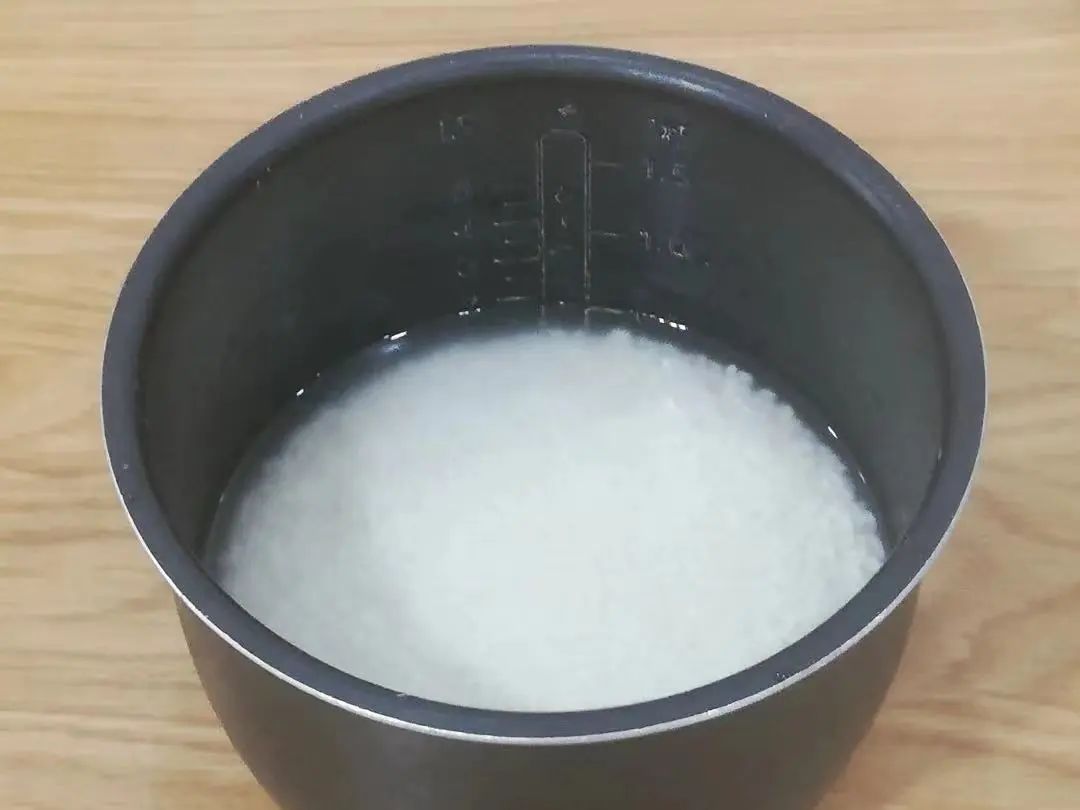
【Effects】Replenishes the middle and benefits Qi, promoting the generation of Qi.【Suitable for】
Especially suitable for those with Qi deficiency and sensitivity to cold, as well as generally suitable for most people.
【Not suitable for】Those with colds and fevers, or yellow phlegm coughs, as glutinous rice is warm in nature and somewhat sticky,and those with physical weakness should avoid it temporarily.Additionally, individuals with Qi deficiency type hair loss should avoid foods and activities that deplete Qi.People with Qi deficiency need support from Qi in all aspects of their health, not just for their hair.Qi deficiency type hair loss4 things to eat less, 4 things to do lessIndividuals with Qi deficiency who are prone to hair loss should limit these foods:1. Foods like radishes, hawthorn, and rose flowers that drain Qi and soothe the liver.For instance, radishes are pungent and sweet, aiding digestion and promoting Qi. They can be consumed in moderation by those who eat a lot of meat and need to relieve their gastrointestinal tract, but for those with a light diet and insufficient Qi and blood, consuming them will deplete Qi. The result of Qi depletion, besides hair loss, is also eyelash loss, as experienced by my friend.2. Foods like poria, winter melon, and coix seed that eliminate dampness and promote urination.These foods, when expelling dampness, also take away some Qi.3. Spicy foods like scallions, ginger, garlic, chili, and pepper.Traditional Chinese medicine believes that spicy foods enter the lungs, promoting sweating and regulating Qi, and since the lungs govern Qi, those with Qi deficiency should eat these sparingly.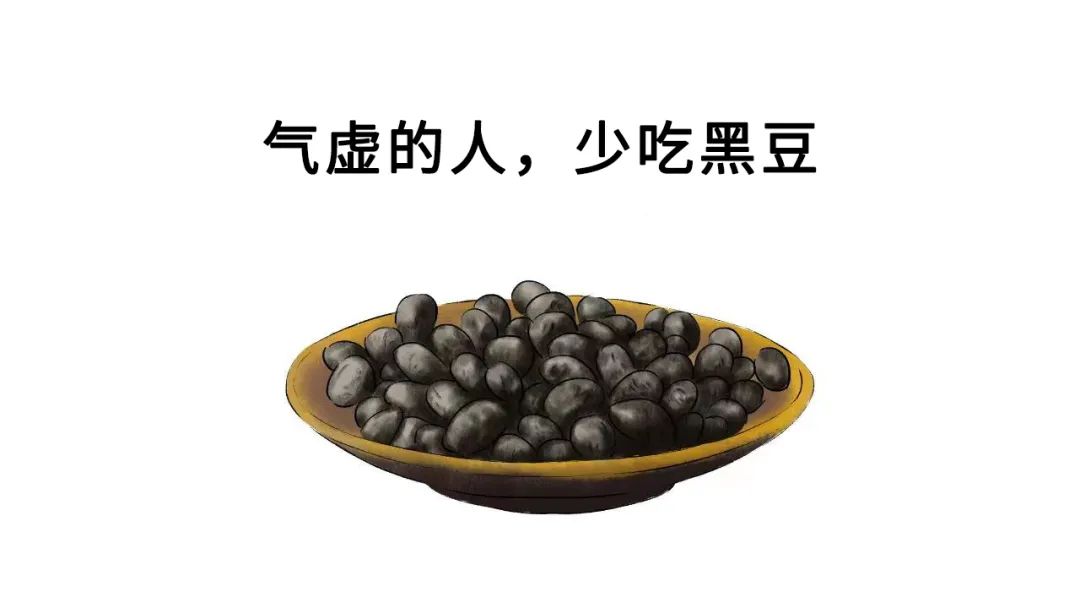 4. Some legumes that cause discomfort, such as black beans.Recently, black beans have become popular, but they are not suitable for everyone. According to TCM theory, black beans are sweet and neutral, entering the spleen and kidney meridians, and they have effects of reducing swelling, promoting urination, invigorating blood, and tonifying the spleen and kidneys.I once heard a teacher during a live lecture say he had been drinking black bean water and felt good.However, a few days later, during his regular live session, he was absent,and without asking, I knew the reason.His long hours of lecturing were already depleting Qi, and drinking black bean water further caused Qi to descend, leading to fatigue and poor condition, resulting in a missed session.Qi deficiency type hair loss4 things to do lessIndividuals with Qi deficiency who are prone to hair loss should limit these activities:1. Forcefully hitting the wall with the back.This excessively stimulates the bladder meridian, easily dispersing Qi.2. Prolonged hot foot baths,which can lead to Qi and blood descending; those already with insufficient Qi and blood may experience palpitations and dizziness.3. Excessive abdominal massage,which can break Qi; moderation is key, as too much can be counterproductive.4. Intense exercise that causes excessive sweating,as sweat is a bodily fluid that carries Qi, and excessive sweating can lead to Qi loss.
4. Some legumes that cause discomfort, such as black beans.Recently, black beans have become popular, but they are not suitable for everyone. According to TCM theory, black beans are sweet and neutral, entering the spleen and kidney meridians, and they have effects of reducing swelling, promoting urination, invigorating blood, and tonifying the spleen and kidneys.I once heard a teacher during a live lecture say he had been drinking black bean water and felt good.However, a few days later, during his regular live session, he was absent,and without asking, I knew the reason.His long hours of lecturing were already depleting Qi, and drinking black bean water further caused Qi to descend, leading to fatigue and poor condition, resulting in a missed session.Qi deficiency type hair loss4 things to do lessIndividuals with Qi deficiency who are prone to hair loss should limit these activities:1. Forcefully hitting the wall with the back.This excessively stimulates the bladder meridian, easily dispersing Qi.2. Prolonged hot foot baths,which can lead to Qi and blood descending; those already with insufficient Qi and blood may experience palpitations and dizziness.3. Excessive abdominal massage,which can break Qi; moderation is key, as too much can be counterproductive.4. Intense exercise that causes excessive sweating,as sweat is a bodily fluid that carries Qi, and excessive sweating can lead to Qi loss.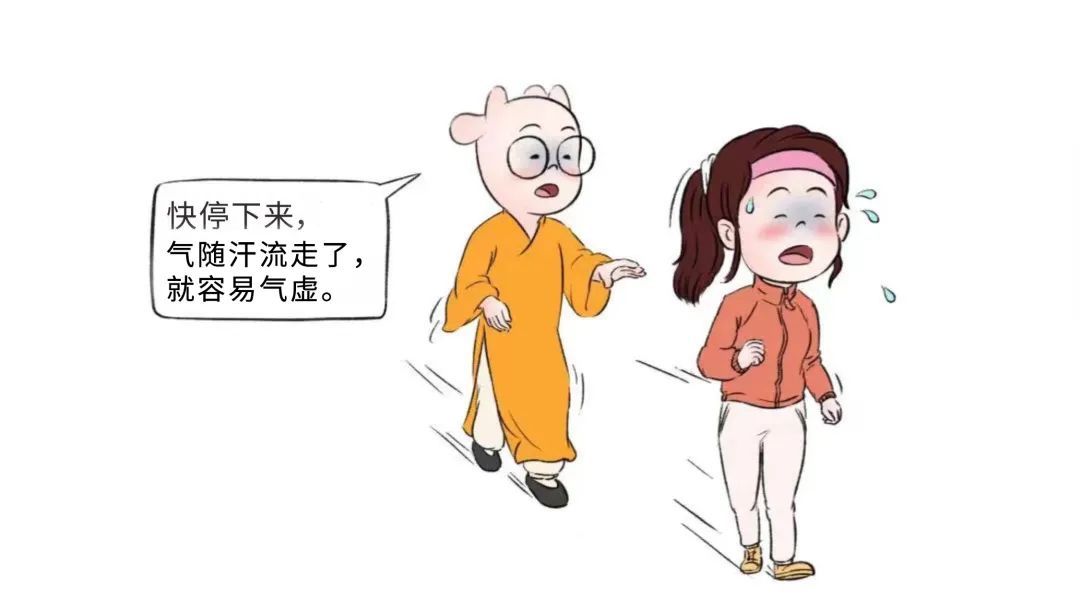 In daily life, noticing hair loss is relatively easy.However, reflecting on and identifying the factors causing hair loss requires more detailed awareness.As long as one maintains inner peace, regularly connects with oneself, understands the body’s true needs, and keeps a clear mind, one can find the reasons and eliminate them, leading to reduced hair loss and healthier, fuller hair.Author: Cotton Candy, sharing personal health insights, signed writer for Yang Dad.
In daily life, noticing hair loss is relatively easy.However, reflecting on and identifying the factors causing hair loss requires more detailed awareness.As long as one maintains inner peace, regularly connects with oneself, understands the body’s true needs, and keeps a clear mind, one can find the reasons and eliminate them, leading to reduced hair loss and healthier, fuller hair.Author: Cotton Candy, sharing personal health insights, signed writer for Yang Dad.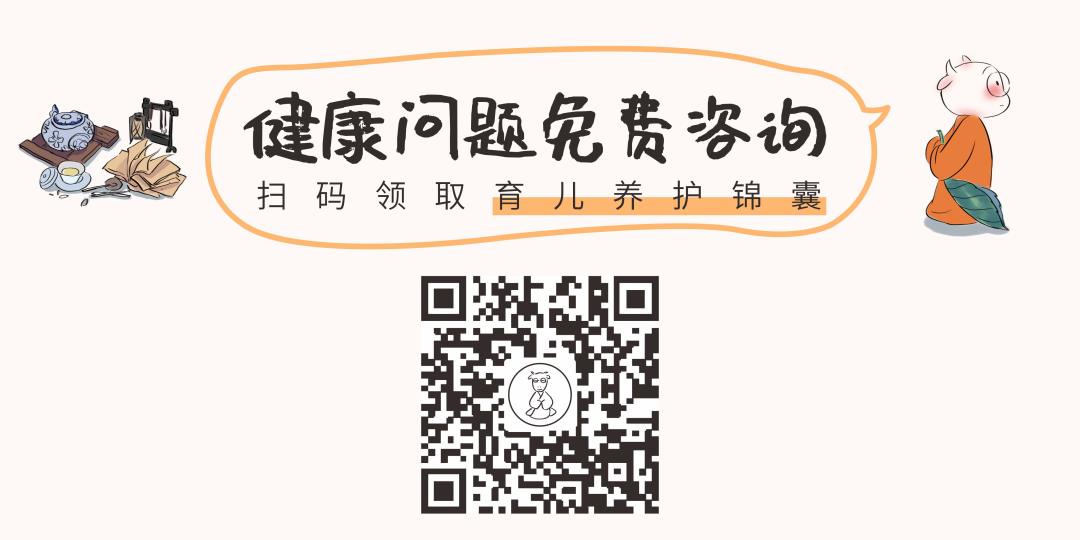 Text | Cotton CandyEditor | Wan ZhouIllustration | Jasmine RedProofreading | Ye Zi
Text | Cotton CandyEditor | Wan ZhouIllustration | Jasmine RedProofreading | Ye Zi

If you like it,
give Yang Dad a “👍” and “look”~

